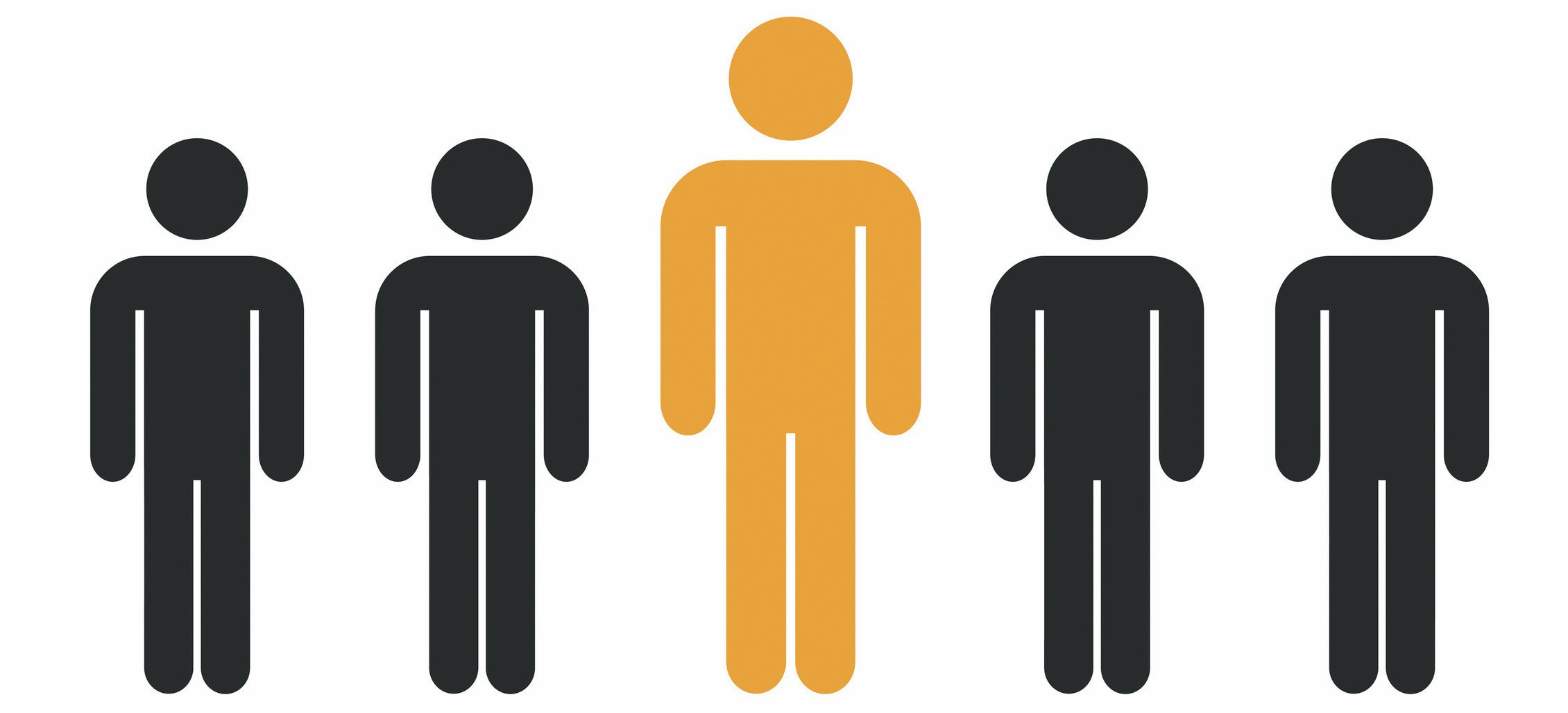
For the most part, the English compulsory education system is organised around a primary (ages 5–11) and secondary phase (ages 11–16) The majority of pupils are educated in state schools with comprehensive intakes — this means that pupils are admitted to the school on the basis of factors that are not related to their academic attainment or ability.
In a small number of areas in England there is a selective secondary system. This means that the secondary school a pupil attends is determined by whether they pass or fail an exam (the ‘11-plus’), usually taken in the autumn term of the last year of primary school (i.e. when pupils are aged 10 or 11). Those who pass this exam usually go on to attend a grammar school, while those who fail the exam go on to attend what is commonly known as a secondary modern school.
Your organisation does not have access to this article.
Sign up today to give your students the edge they need to achieve their best grades with subject expertise
Subscribe




